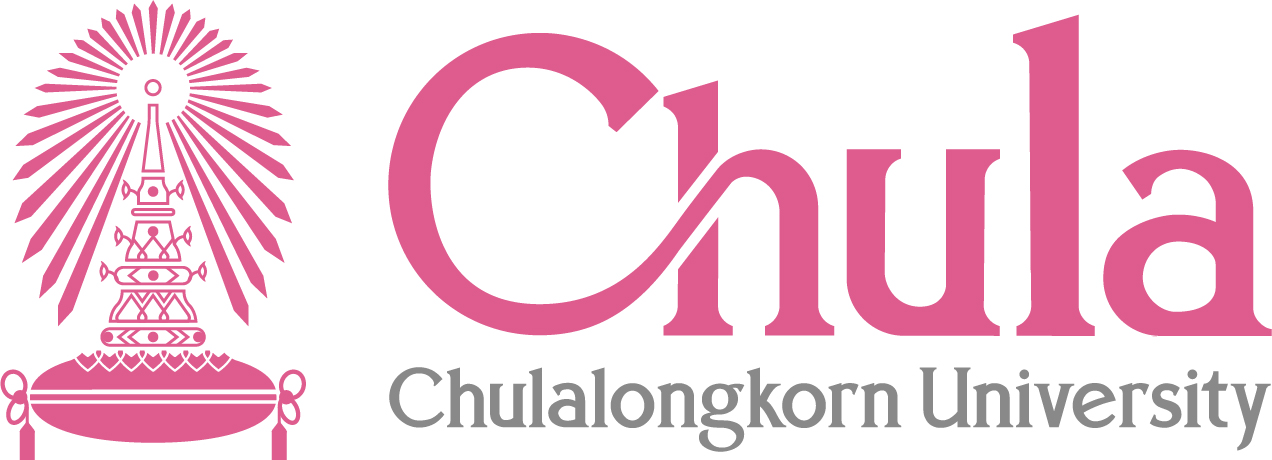Newswise — Prof. Pol.Capt. Pharm. Dr. Suchada Sukrong, lecturer at the Faculty of Pharmaceutical Sciences and a researcher at the Center of Excellence in DNA Barcoding of Thai Medicinal Plants, Chulalongkorn University, Dr. Kannika Thongkhao, and Pharm. Chayaphol Tangpatthong have won the gold medal and two Special Awards, namely the FIRI Award in the Best Invention category from “The first institute of inventors and researchers of Iran” (FIRI), Iran, and a Special Awards from “The Industrial Property Office of the Czech Republic the Czech Metallurgical Society,” The Czech Republic, in The 16th International Invention and Innovation Show (INTARG 2023) on May 24-25, 2023, at Katowice International Conference Center, Katowice, Republic of Poland, with their “Rapid DNA immunochromatographic assay for detection of toxic Aristolochia species, the plants responsible for aristolochic acid nephropathy”.
Participants from over 30 countries around the world submitted more than 300 works to this invention and innovation contest. Thailand had 29 works from 19 agencies, including Chulalongkorn University, Thammasat University, Kasetsart University, Srinakharinwirot University, Burapha University, Naresuan University, Mae Jo University, Sukhothai Thammathirat Open University, King Mongkut’s University of Technology Thonburi, King Mongkut’s University of Technology North Bangkok, King Mongkut’s Institute of Technology Ladkrabang, Rajamangala University of Technology Suvarnabhumi, Chiang Mai Rajabhat University, Princess Chulabhorn Science High School Lopburi, Satri Witthaya, and the Prince Royal’s College. Participation in this contest was supported by the National Research Council of Thailand (NRCT), Ministry of Higher Education, Science, Research and Innovation.
This innovation originated from an interest in khrai khruea, the root of the Aristolochia genus, which is used widely around the world, as well as in Thai medicinal formulas. The herb has anti-fever properties and boosts appetite. However, it contains Aristolochic acid as a chemical component, which is a carcinogen and can cause many types of kidney diseases, such as kidney failure, kidney cancer, and urinary tract cancer. The continuous monitoring of the use of khrai khruea by the research team of the Center of Excellence in DNA Barcoding of Thai Medicinal Plants, Chulalongkorn University, headed by Prof. Pol.Capt. Pharm. Dr. Suchada Sukrong, found that plants of this genus are still available for sale and mixed in medicinal recipes.
The “Rapid DNA immunochromatographic assay for detection of toxic Aristolochia species” consists of an antigen-labeled primer set and a lateral flow test kit, which can be used to accurately test the existence of Aristolochia species, e.g., khrai khruea, in various types of herbal medicines, such as pharmaceutical recipes, pharmaceutical powder, formulas, and bolus. The kit is highly sensitive and easy to use. The results can be interpreted with the naked eye in 90 minutes by reading the color lines that resemble the COVID-19 ATK or a pregnancy test kit. The “Rapid DNA immunochromatographic assay for detection of toxic Aristolochia species” can be used by entrepreneurs to inspect herbal raw materials or to inspect finished products by public health authorities and law enforcement agencies.
However, the Center intends to further develop the innovation for faster detection, which can yield results on the spot, and enable the public to test their own herbal medicines.








